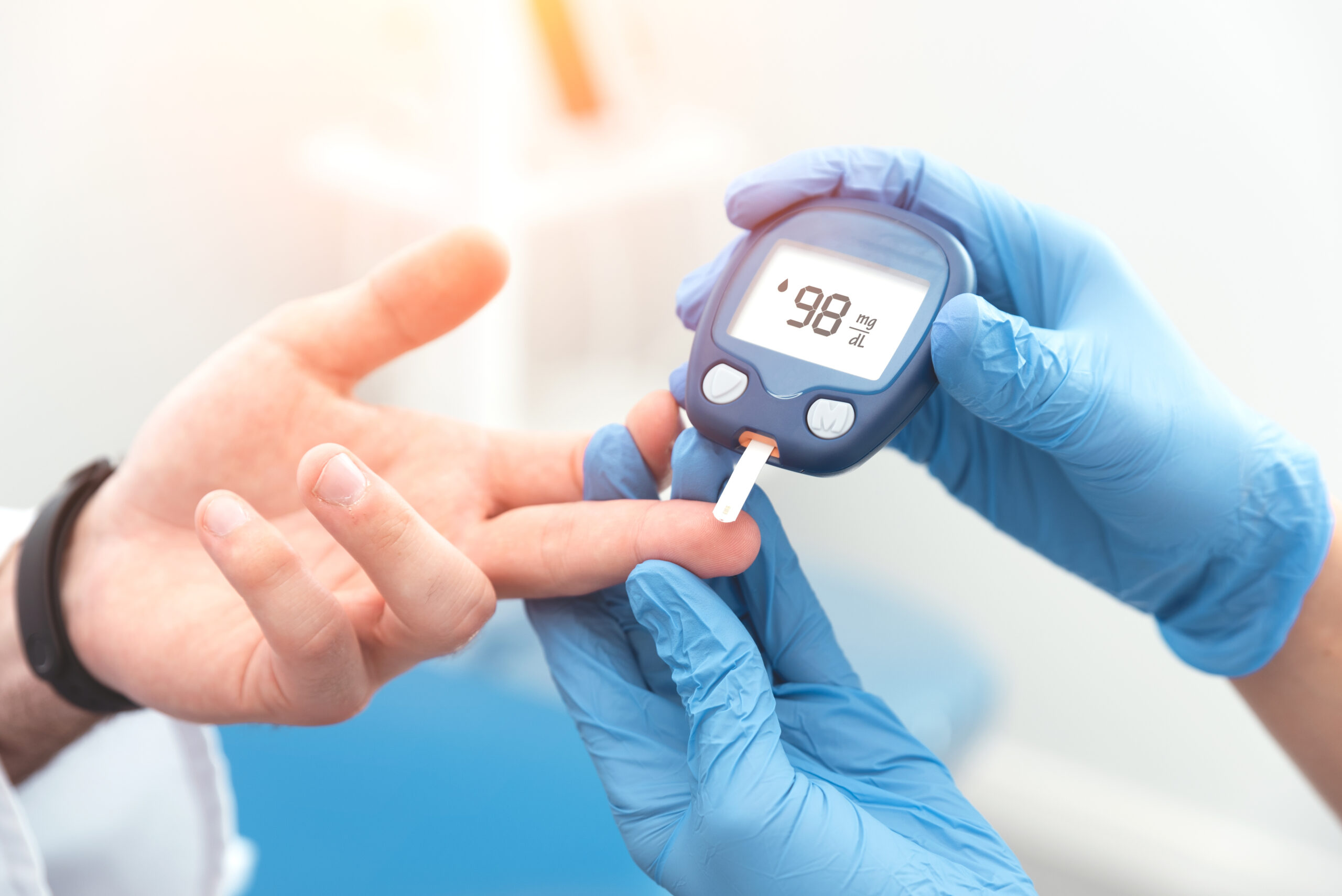Ozempic®

In the ongoing battle against obesity, a condition that plagues millions with its far-reaching health implications, the quest for effective treatments has never been more urgent.
Amidst this landscape emerges Ozempic®, a name that is becoming synonymous with hope for many facing the challenges of weight management.
If you are navigating the complexities of obesity and seeking a pathway to a healthier life, Ozempic® could mark the beginning of a transformative journey toward wellness.
What is Ozempic®?
Ozempic® is a prescription medication primarily known for its role in managing type 2 diabetes. It contains the active ingredient semaglutide, which mimics the actions of an appetite-regulating hormone, thereby aiding in blood sugar regulation and offering significant weight loss benefits.
Administered via once-weekly injections, Ozempic® works by enhancing the body’s ability to control blood glucose levels while simultaneously supporting weight management efforts.
Advantages of Ozempic®
The introduction of Ozempic® into the treatment landscape brings several compelling benefits:
- Effective Blood Sugar Control. For those with type 2 diabetes, Ozempic® offers a powerful tool to keep blood sugar levels in check, reducing the risk of diabetes-related complications.
- Weight Loss. While primarily a diabetes medication, Ozempic® has shown remarkable efficacy in aiding weight loss. Patients often experience a noticeable reduction in appetite, leading to decreased calorie intake and significant weight reduction.
- Cardiovascular Health. Studies suggest that Ozempic® can also have a positive impact on heart health, potentially lowering the risk of major cardiovascular events in individuals with type 2 diabetes and cardiovascular disease.
- Convenience. The once-weekly injection schedule of Ozempic® makes it a convenient option for those seeking an effective diabetes treatment and weight management solution, fitting easily into busy lifestyles.
What to Expect During Treatment
Beginning Ozempic® treatment at Mason Park Medical Clinic involves a thorough evaluation to determine if it is the right fit for your health needs.
During treatment, you’ll receive detailed instructions on how to administer the injections, along with dosage adjustments tailored to your response.
Regular monitoring by our healthcare professionals will ensure the treatment’s effectiveness and manage any side effects.
Aftercare Tips
Embracing a holistic approach to health while on Ozempic® can enhance your treatment outcomes:
- Adopting a balanced diet complements the appetite-reducing effects of Ozempic®, supporting sustainable weight loss and overall health.
- Incorporating regular exercise into your routine can boost the weight loss benefits of Ozempic® and improve cardiovascular health.
- Keep up with scheduled appointments to monitor your progress, allowing for adjustments to your treatment plan as needed.
Who are the Ideal Candidates?
Ozempic® is ideally suited for adults with type 2 diabetes who are also looking to manage their weight. It is particularly beneficial for those seeking an integrated solution to improve blood sugar levels while also addressing obesity—a common comorbidity of diabetes.
At Mason Park Medical Clinic in Katy, TX, we’re dedicated to empowering our patients with innovative treatments that address the complexities of managing diabetes and obesity. Ozempic® represents a significant advancement in this quest, offering a dual-action approach that supports both blood sugar regulation and weight loss.
Contact us today to schedule your appointment and explore how Ozempic® can transform your approach to diabetes management and weight loss!
